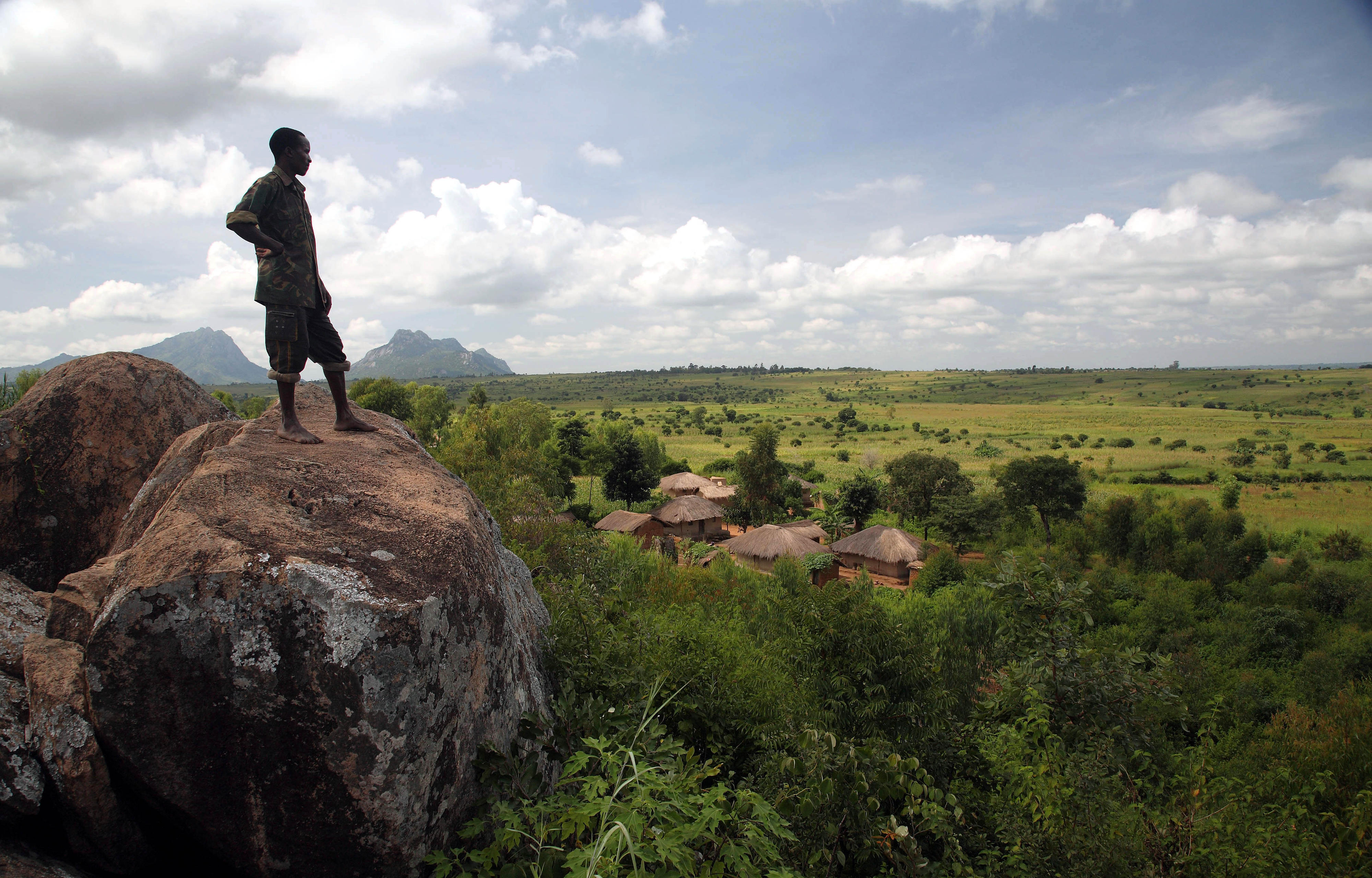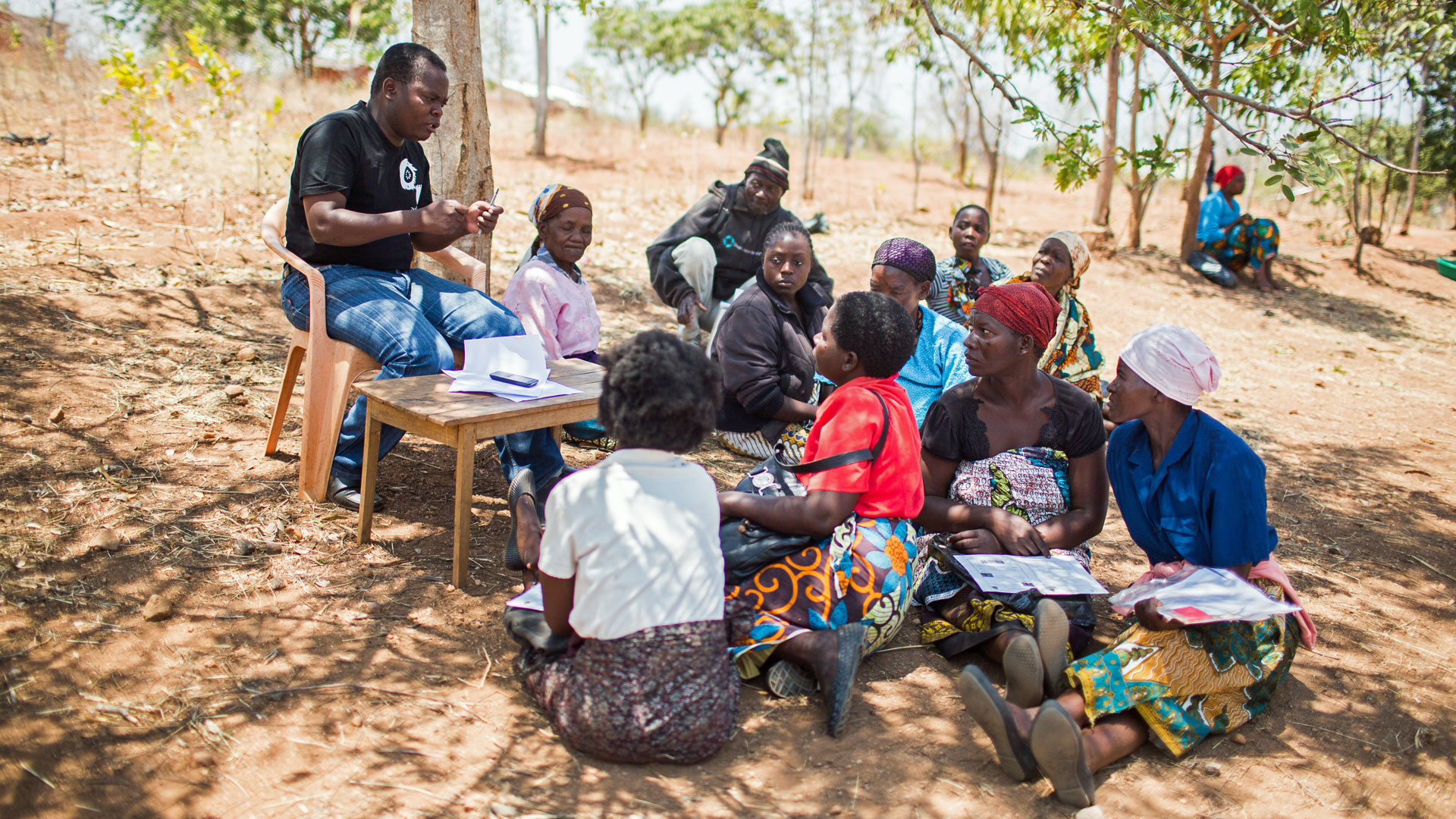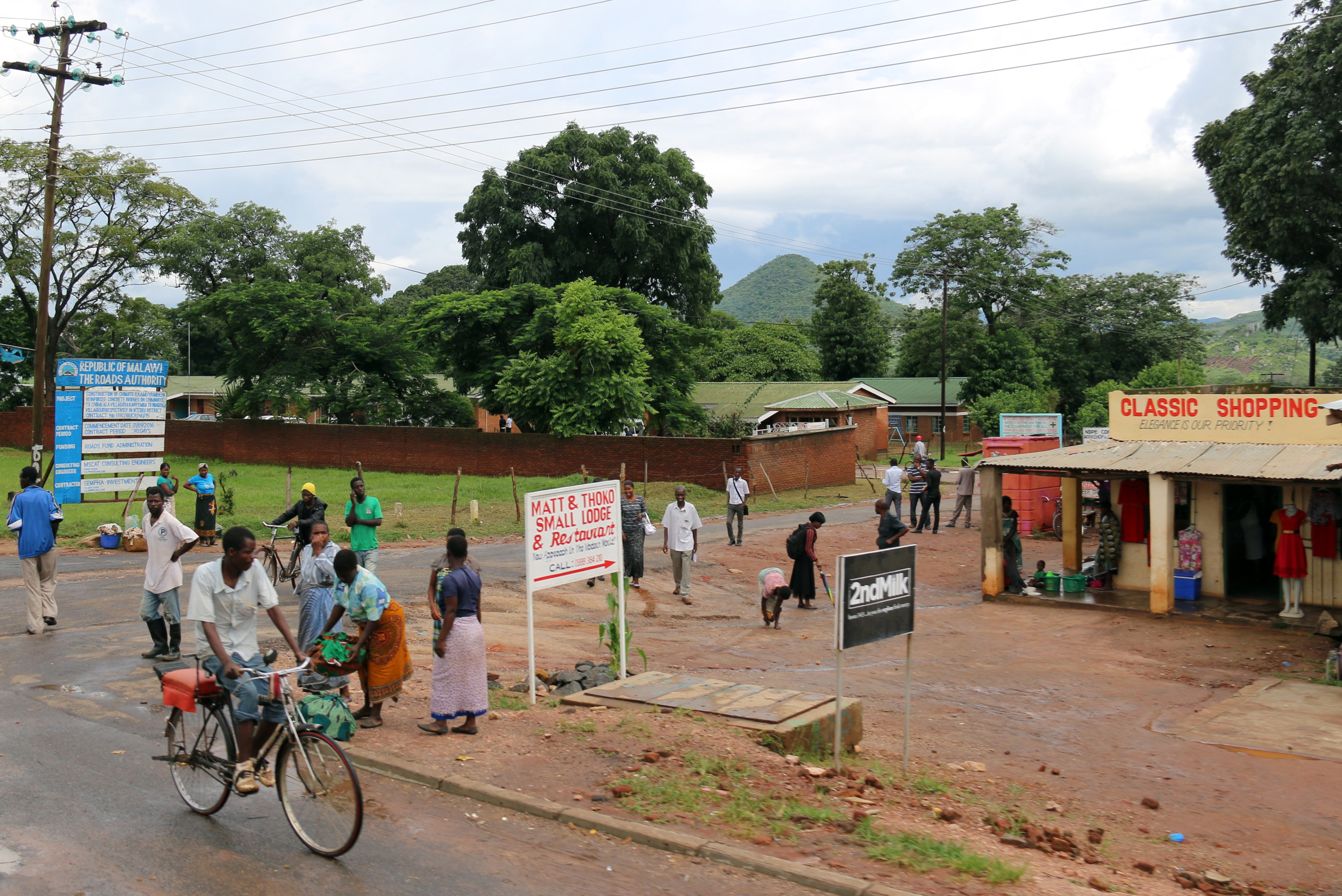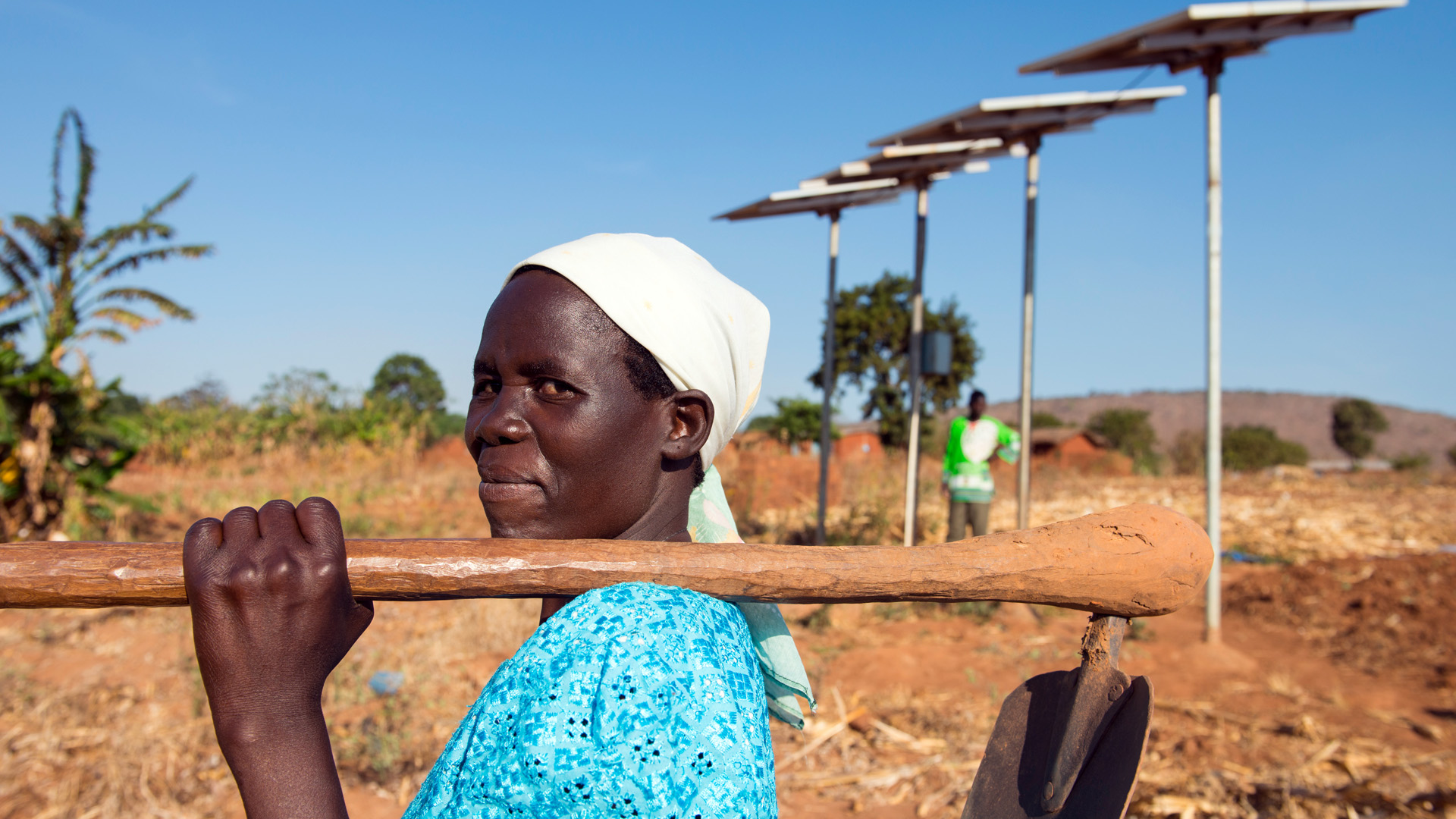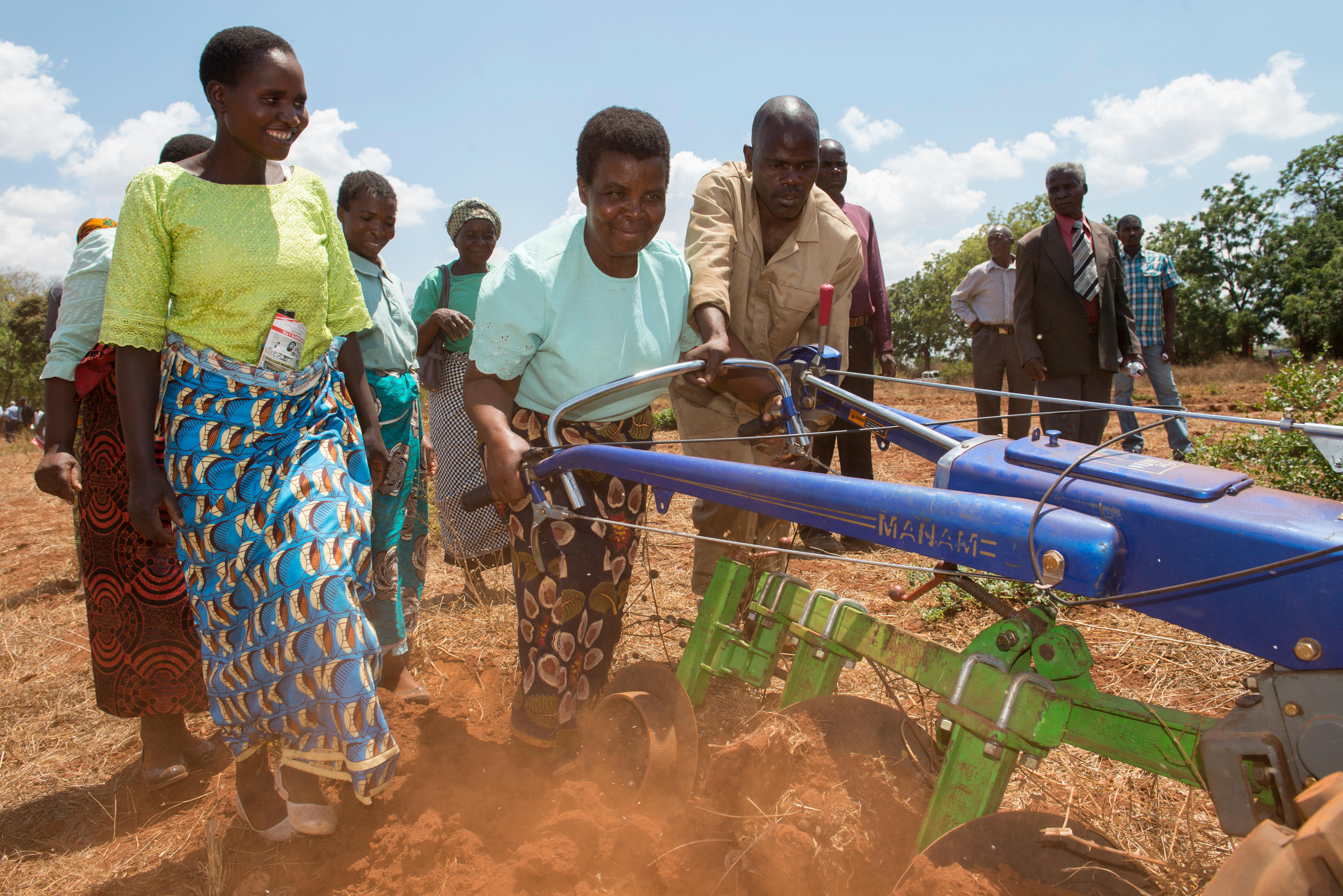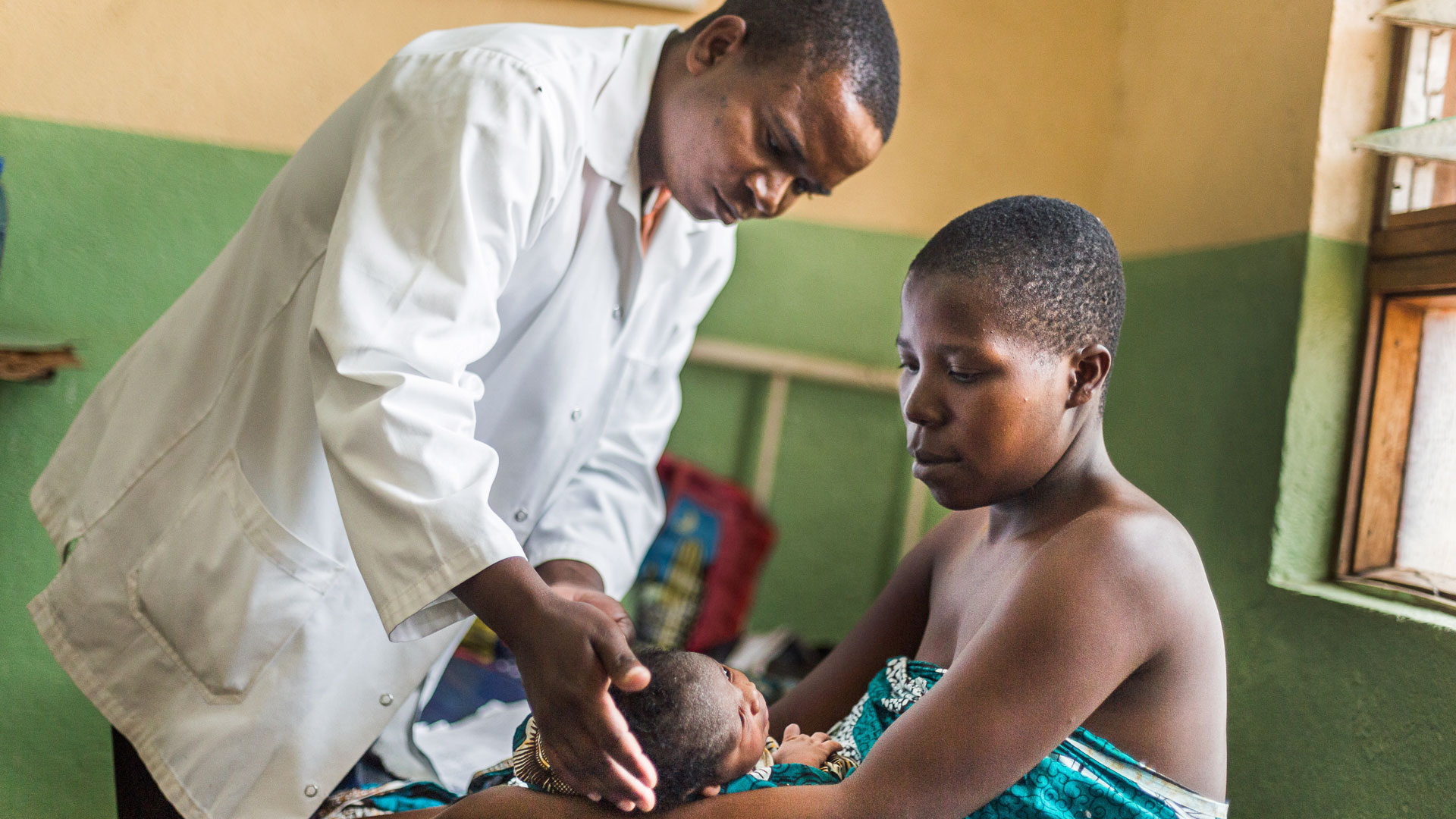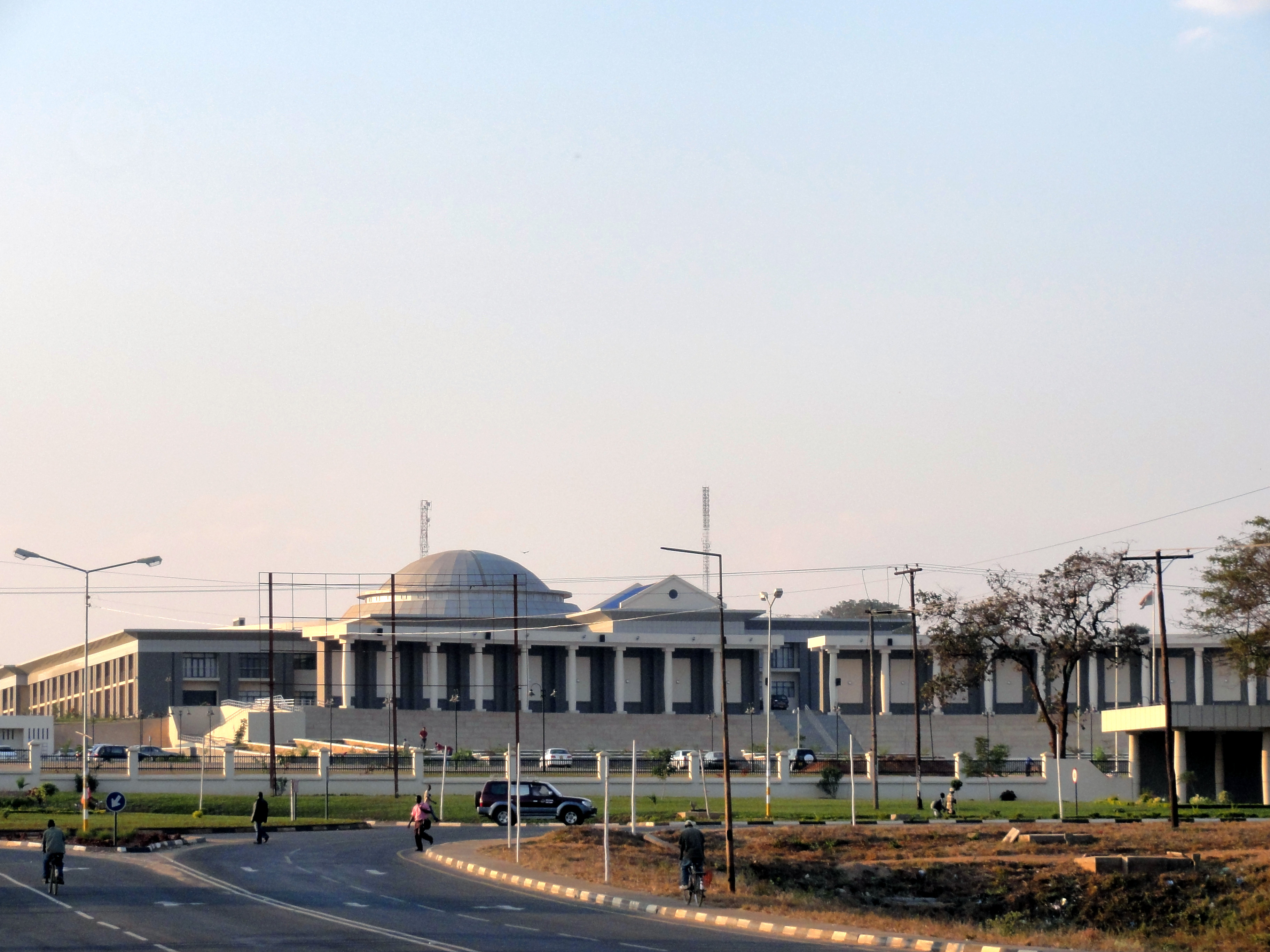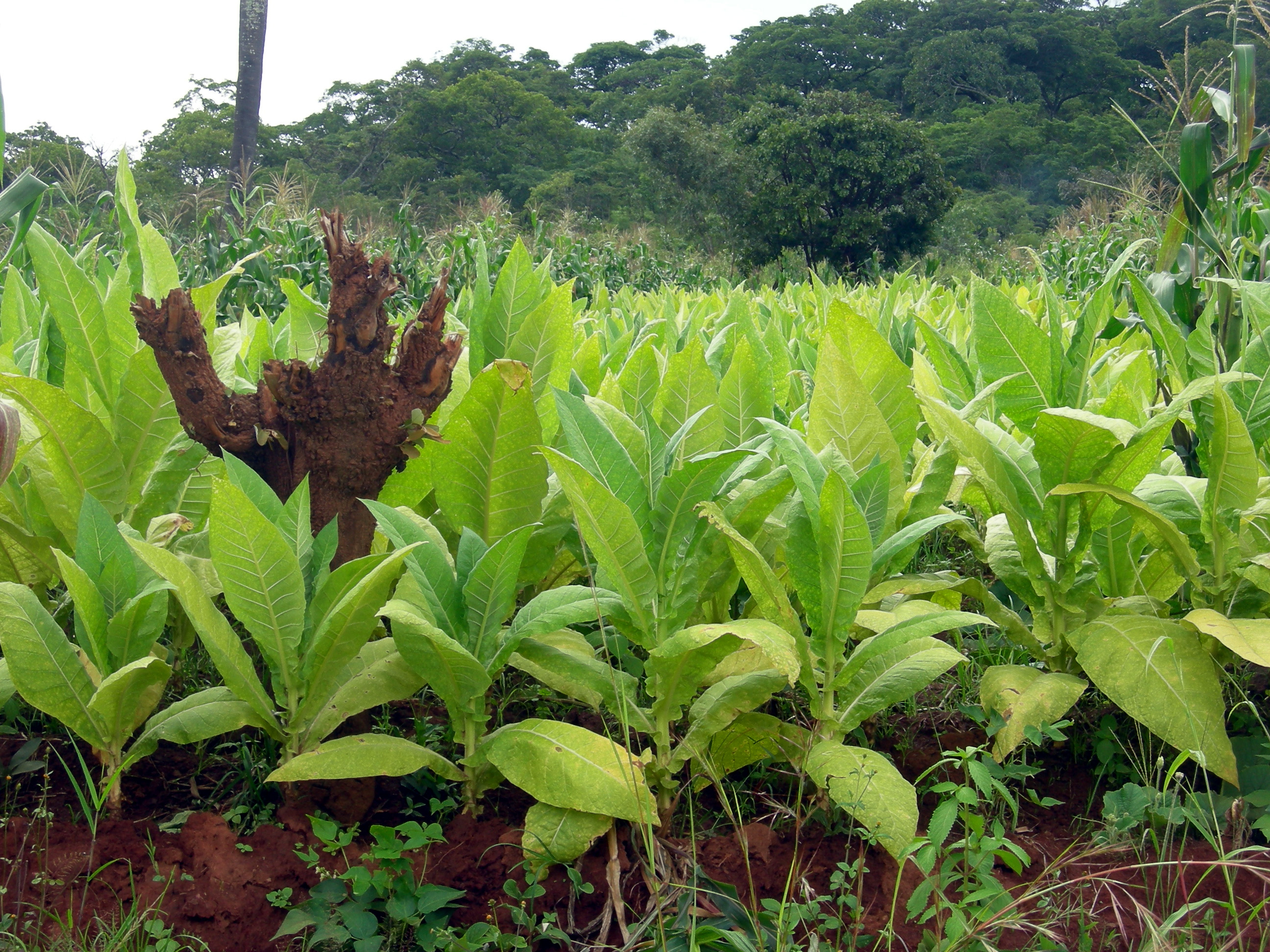Landscape in Central Malawi
Copyright© Stevie Mann/ILRI, via flickr, CC BY-NC-SA 2.0
Malawi
Health-related, climate-related and geopolitical shocks are holding back the country's economic and social development. The COVID-19 pandemic and more recently a Cholera epidemic that lasted several months have resulted in loss of jobs, hunger and additional burdens on the health system which was already weak.
Russia’s war of aggression against Ukraine has driven up world market prices. This is being felt in Malawi in the form of high inflation and increased prices for food, fertiliser and fuel. And it is having adverse effects on people’s supply situation. In addition, Malawi is suffering from the consequences of climate change, with extreme weather events and abnormal weather conditions becoming more and more frequent. Several hurricanes have recently devastated vast areas of land, destroying the livelihoods of thousands of people. The country’s development was thrown back by years.
In sum, this has led to Malawi experiencing what is probably its biggest economic crisis since gaining independence in 1964. The country is highly indebted and because of a lack of foreign currency it is no longer even able to import enough vital goods like fuel or medicines. The agricultural sector lacks seeds and fertiliser. According to the World Food Programme (WFP), more than a quarter of the population is affected by chronic food insecurity.
Malawi counts as a least developed country (LDC). On the current United Nations Human Development Index (HDI), Malawi is ranked 172nd out of 193 states.
German development cooperation with Malawi
The German government supports the Malawian government in its efforts to implement its development strategy Vision Malawi 2063. Its goal is for Malawi to achieve the status of a middle-income country (by the World Bank definition) in the long term. The topmost goals of development cooperation are reducing poverty and increasing resilience towards negative impacts like climate change, epidemics and economic shocks.
At the government negotiations in December 2023, development cooperation was agreed for the next two years. Germany committed 70 million euros in new funding to Malawi. In addition, the partner country is receiving funding of up to 12 million euros via the Special Initiative “Transformation of Agricultural and Food Systems”.
Cooperation with Malawi focuses on the following core areas:
- Peaceful and inclusive societies
Area of intervention: Good governance - Transformation of agricultural and food systems
Area of intervention: Food and nutrition security - Sustainable economic development, training and employment
Area of intervention: Private sector and financial sector development - Health, social protection and population policy
Areas of intervention: Social protection, population policy; sexual and reproductive health and rights
Projects in the former priority area of basic education are currently being concluded. Under the framework of the German BACKUP Initiative – Education in Africa (External link), the BMZ is supporting Malawi in implementing digital solutions to expand and improve education and thereby also mitigate the impacts of the COVID-19 pandemic on the education sector.
In addition, Malawi is benefiting from other supranational projects in areas such as renewable energy, nature conservation/biodiversity, microfinance and vocational training.
SDG trends for Malawi
- On track or maintaining SDG achievement
- Moderately improving
- Stagnating
- Decreasing
- Trend information unavailable
